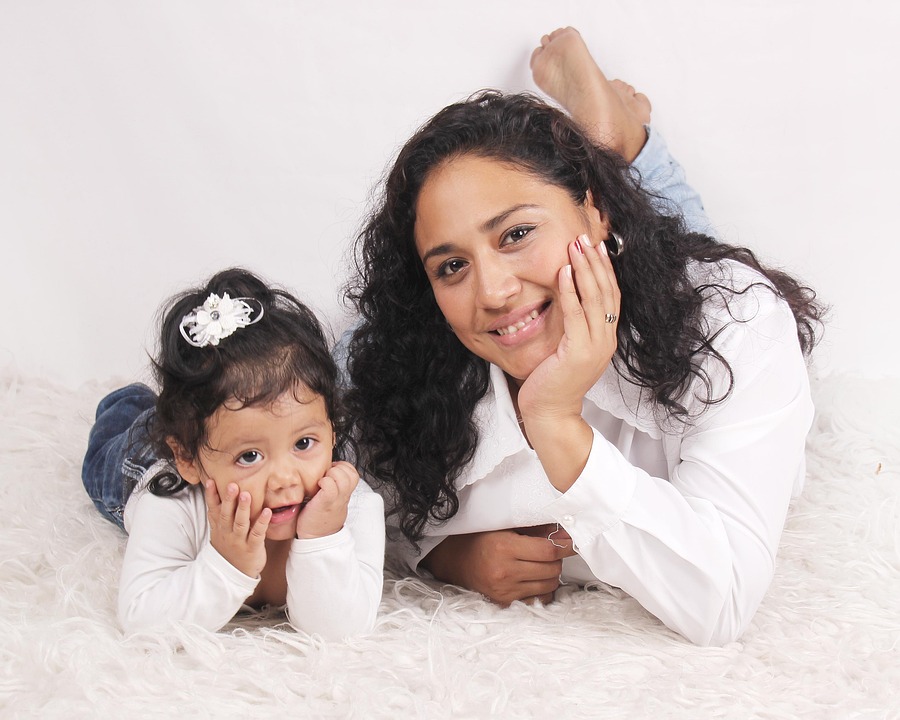Not Your Typical Break-Up: Mature Women Share Inspiring Tales of Triumph and Reinvention
What if a break-up wasn’t just an end, but the beginning of an extraordinary new chapter? As society often depicts divorce or separation as a time of heartache and loss, a growing number of mature women are redefining this narrative. Instead of succumbing to the societal pressures that follow a split, many are choosing to embrace the opportunity for personal growth, reinvention, and empowerment. This article explores the remarkable stories of these women who turned their endings into new beginnings.
The Freedom Found in Letting Go
For many women who have spent decades investing in relationships, the dissolution of a long-term partnership can be a major turning point. Meet Linda, a 48-year-old graphic designer from San Francisco, who found herself faced with an unexpected divorce after 25 years of marriage. “Initially, I felt lost,” she shares. “But as I navigated through my grief, I discovered that shedding the weight of my past also liberated me in ways I never anticipated.” Linda used this shift as a catalyst to refocus on her passions, leading her to explore painting and eventually launch her own art studio.
Reclaiming Identity After Loss
Break-ups can often leave a sense of identity in shambles, especially for women who have dedicated years to nurturing their families and relationships. Sarah, a 55-year-old former teacher from Atlanta, illustrates this struggle vividly. After her husband left her after over three decades together, she felt as though she had lost herself. “I had forgotten who I was outside of being a wife and mother,” she recalls. With fierce determination, Sarah enrolled in a local community college, eventually earning her degree in social work. Today, she finds joy in helping others, using her experiences to inspire those facing similar challenges.
From Heartbreak to Ventures
For some women, heartache has sparked the entrepreneurial spirit. When 53-year-old Jenna from Chicago ended her 20-year marriage, she found the ideal chance to turn her long-standing baking hobby into a thriving business. “I always dreamed of owning a bakery, but I never took the plunge while I was married,” Jenna explains. With newfound freedom, she launched a boutique baking business that not only propelled her creativity but also fueled her financial independence. Now, Jenna’s cookies are a local sensation, proving that a break-up can lead to the realization of long-held dreams.
Building Community and Support
Mature women are increasingly finding empowerment not only in their personal journeys but also through the support of other women. Through shared experiences, they have formed tight-knit communities that foster resilience. Ruth, a 60-year-old life coach from New York, found solace in her women’s retreat group post-divorce. “We came together to support one another, and in doing so, we discovered our collective strength,” she shares. Ruth’s transformative experience inspired her to create workshops focused on helping other women navigate their break-ups and harness their inner power. These bonds of sisterhood foster not only healing but celebration of new beginnings.
Embracing Life’s Next Chapter
What emerges from these narratives is a powerful testament to the resilience and adaptability of women. Whether it’s rediscovering lost passions, redefining personal identity, pursuing entrepreneurial dreams, or forming supportive communities, these mature women have proven that break-ups can indeed be a source of inspiration. Instead of fading into despair, they have chosen to rise, embodying a spirit of triumph and reinvention that defines their journeys.
Conclusion: A Break-Up is Not the End
The stories of Linda, Sarah, Jenna, and Ruth showcase how break-ups can serve as transformational experiences rather than mere endings. As society evolves, it is crucial to recognize that there is no ‘one size fits all’ narrative to partnerships. Mature women are stepping into their power, proving that with every end comes the potential for extraordinary new beginnings. In a world where we often equate loss with failure, these women remind us that sometimes, letting go can open the door to the most profound self-discovery and reinvention.









